FCA Plans to Axe Diesel Passenger Cars by 2022: Report

Fiat Chrysler Automobiles (FCA) is the next automaker to separate itself from diesel engines.
According to a recent report from the Financial Times, FCA will stop production of its diesel-equipped passenger vehicles by 2022 under a four-year plan that will be unveiled June 1. People familiar with the strategy said the Italian-American automaker intends to phase out diesel from the cars across its brands, which means SUVs and trucks from the Jeep and Ram brands will likely not be affected.
Diesel passenger vehicle sales currently account for about 40.6 percent of FCA’s sales in Europe, but the automaker doesn’t offer any of those models in North America. So the decision to kill off production won’t impact North American consumers.
SEE ALSO: FCA Approved to Sell its Diesel Vehicles Again
It’s the latest result of Volkswagen’s massive diesel scandal, which has caused automakers to switch gears and invest heavily into electrification, Volkswagen included. According to data from Jato Dynamics, sales of diesel vehicles in Europe fell eight percent last year, bringing its market share to 43.8 percent. Interestingly, FCA was the only major automaker in Europe to see an uptick in diesel sales last year, mostly because of its presence in Italy where diesel accounts for 56 percent of total sales.
The report says the plans only affect passenger vehicles, which means the EcoDiesel engines for FCA’s commercial vehicles, SUVs, and trucks ( Ram 1500) will still be produced.
[Source: Financial Times]
Discuss this story on our Fiat Forum

Jason Siu began his career in automotive journalism in 2003 with Modified Magazine, a property previously held by VerticalScope. As the West Coast Editor, he played a pivotal role while also extending his expertise to Modified Luxury & Exotics and Modified Mustangs. Beyond his editorial work, Jason authored two notable Cartech books. His tenure at AutoGuide.com saw him immersed in the daily news cycle, yet his passion for hands-on evaluation led him to focus on testing and product reviews, offering well-rounded recommendations to AutoGuide readers. Currently, as the Content Director for VerticalScope, Jason spearheads the content strategy for an array of online publications, a role that has him at the helm of ensuring quality and consistency across the board.
More by Jason Siu



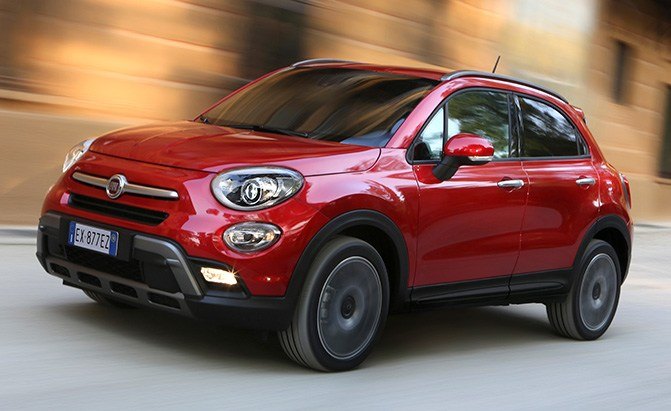
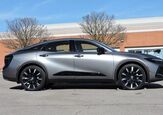











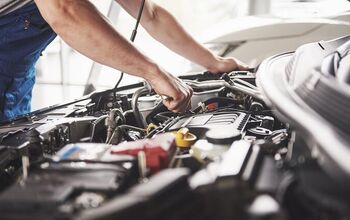
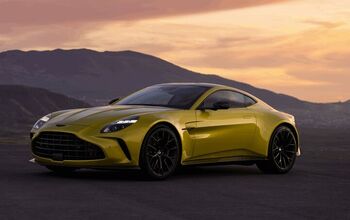

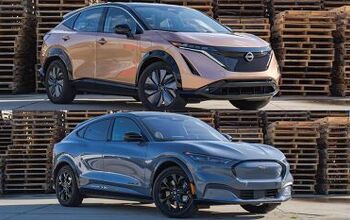




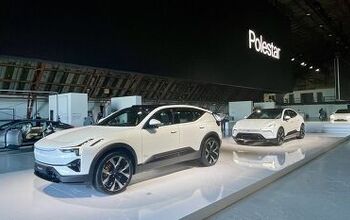

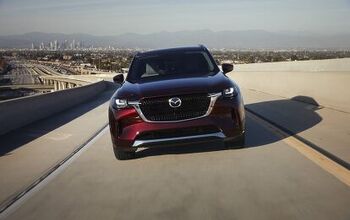

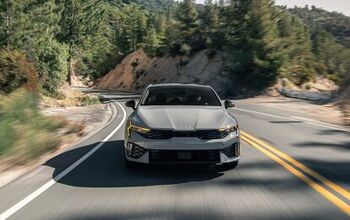
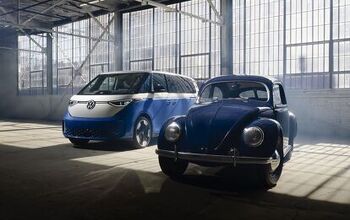


Comments
Join the conversation
All of those who would bash VW, FCA or any other manufacturer please look at it objectively. Yes, they cheated the emissions test but look at the cost to them in the way of warranty claims, damages, vehicles and property damage by a system that works in a lab under a controlled environment but in real world driving has cost manufacturers and consumers millions. I have seen vehicles burned to the ground due the temperature of components experienced during a diesel DPF regen cycle. I had one of the first "CLEAN DIESEL" Dodge trucks. The first year, I took it to the dealership twice a month for repairs to the emissions system. If anyone wants to dispute that, I will provide copies of the repair bills. Many of the trucks on the road today are still operational because the owners removed the "faulty as designed" emission system so they could drive their $50,000 trucks without twice monthly trips to the dealership. The fuel economy of my "Clean Diesel" truck was 30% lower than a standard diesel truck. I have spoken to owners of new 2018 trucks and they all have told me of dismal fuel economy in the range of 10 mpg average instead of the 15-24 mpg of previous designs. Yes, this depends on driving habits but nobody points the finger at the various government agencies for demanding a system so temperamental and expensive to maintain that it forced the manufacturers to "Cheat" the emissions test. Does anyone hold them accountable for the wasted fuel which we are eventually going to regret wasting. The agencies demand higher fuel economy but demand a system that wastes fuel to burn off excessive soot generated by the very system.Yes, the VW diesel cars get excellent mileage but it is approx. 10 % lower than previous designs due to the emissions system. Check it out on the US government website. Don't look at the EPA estimates, go the the real world fuel economy turned in by owners. Let's touch on the maintenance costs for a Dodge truck like the one I drive. My downtime cost me an estimated $15,000 the first year I had the truck. Other owners have told me they had to spend $3,000 or more to replace a DPF at the end of it's life. Tack that on to the cost of ownership for a current clean diesel vehicle. Yes, I agree that we need to clean up diesel emissions but this isn't the way to do it. I'll gladly re-install the emission system on my truck and give it to someone to see if they can keep it out of the shop or afford the additional cost of ownership due to a government mandated emission system. Someone please hold the government accountable for their part in mandating a system that is impractical, burns precious resources to burn off the excessive soot it creates and has cost manufacturers/owners enough to force them to "cheat" in order to survive. The government doesn't care what they cost people, it's our money they are spending. Let's have a reasonable emission control system that doesn't waste resources and drive the cost of ownership through the roof.
So we'll still be getting a diesel Wrangler here in the US, right?